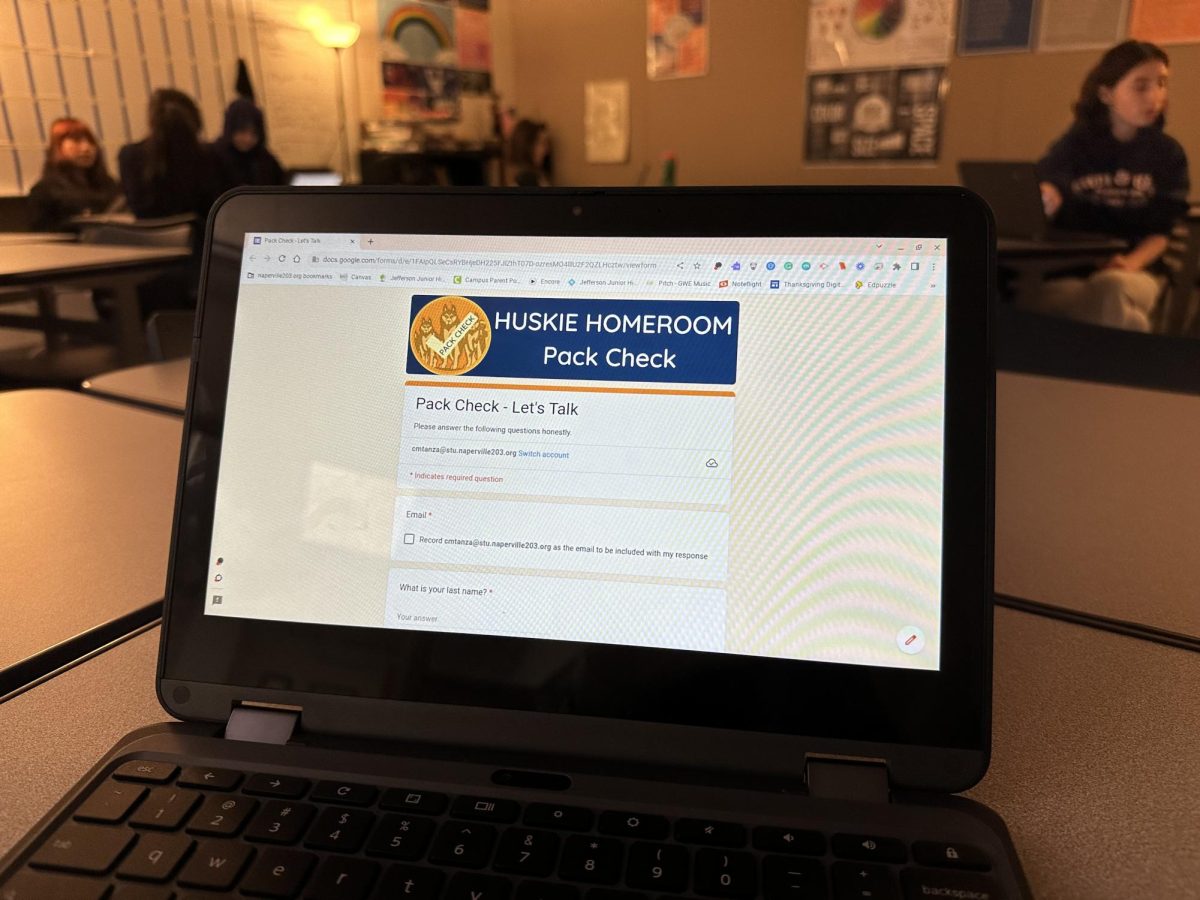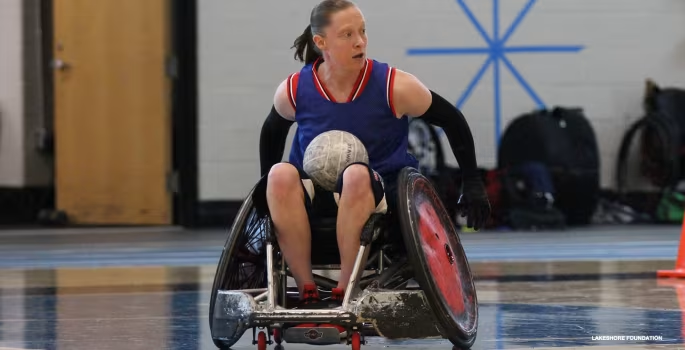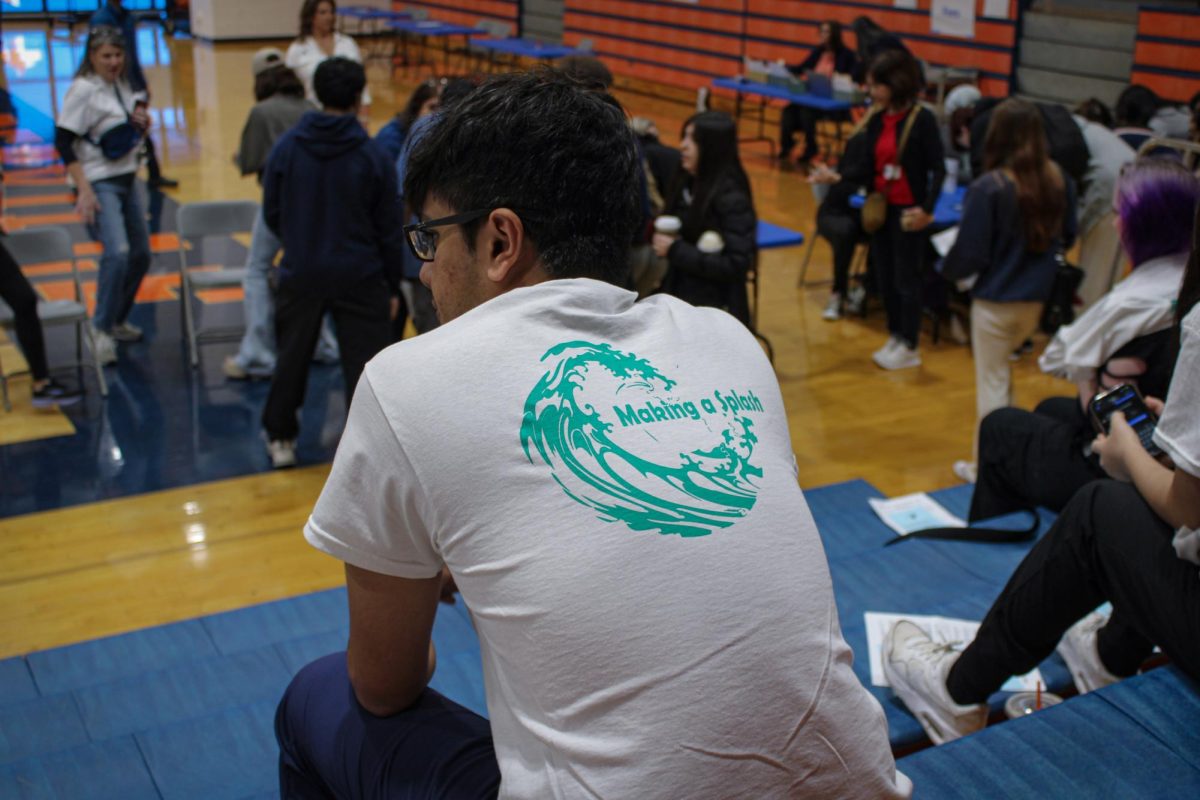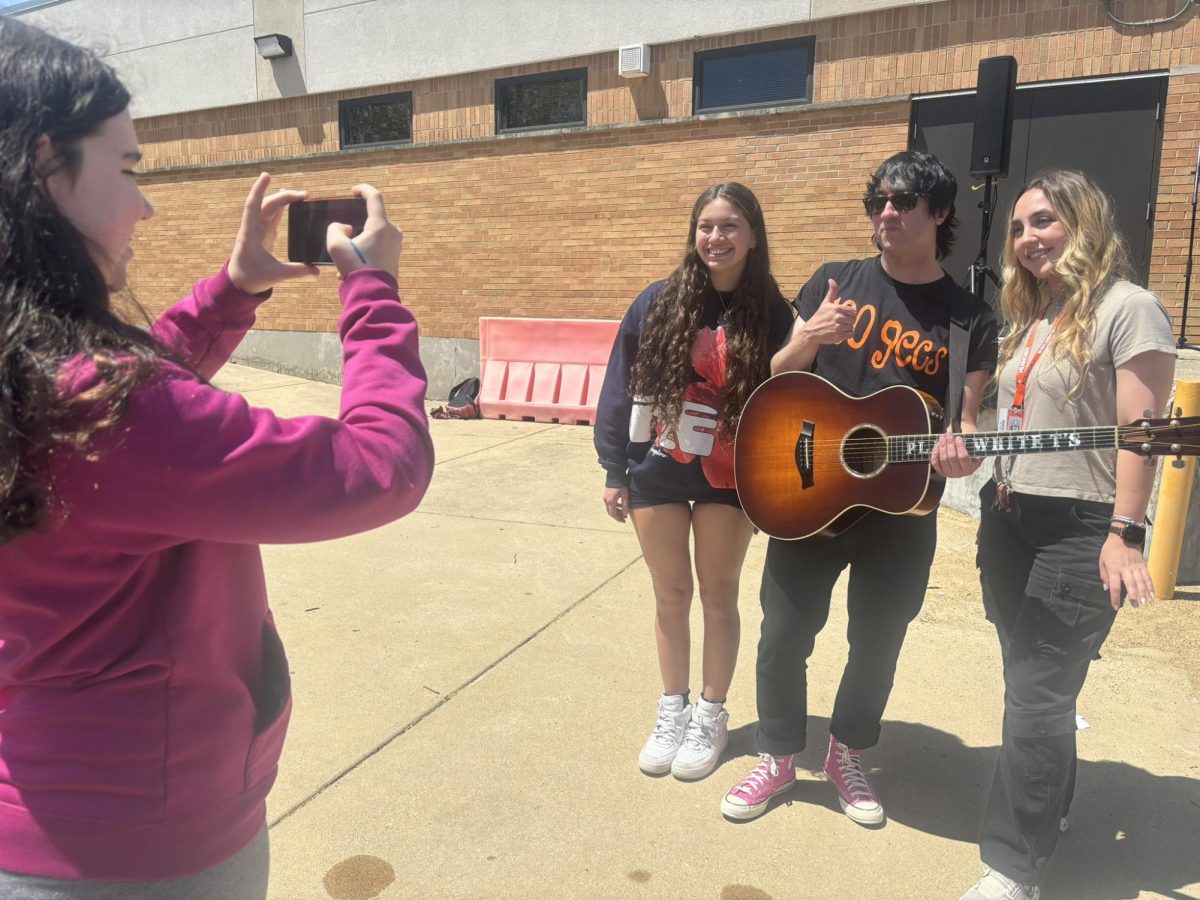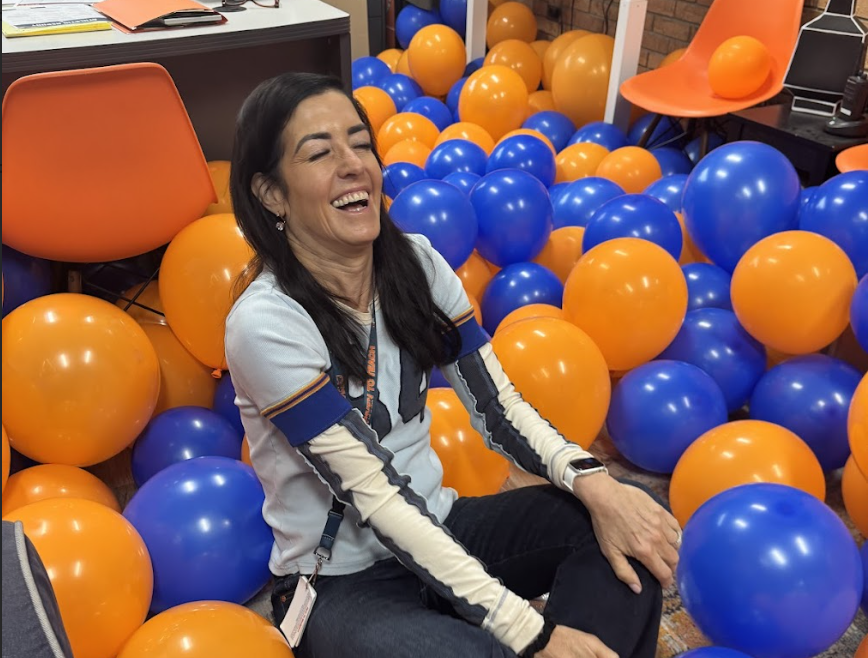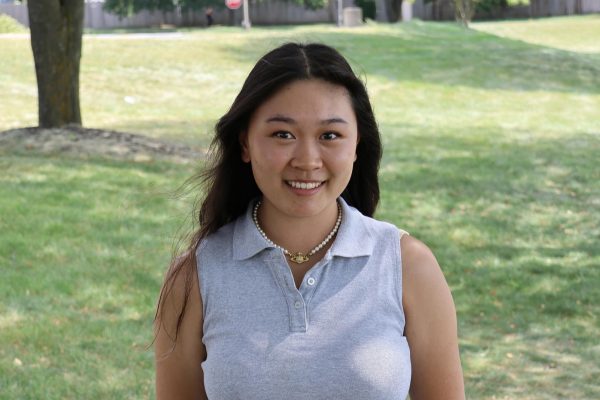While many Naperville North students found the addition of Homeroom and WIN off-putting at first, most have adapted and learned to take advantage of the academic opportunities that the programs offer.
Now, students often favor WIN and struggle to see the effectiveness of Homeroom. Senior Grant Hannemann expresses that WIN’s flexibility draws students to favor WIN sessions over Homeroom periods.
“I’m a big fan of WIN because if I need to get help from a teacher or study then I can, or I’ll just go to the Small Caf and do my homework. So for someone who doesn’t have a study hall, it’s nice because it’s like a study hall. But I feel like in Homeroom all we do is surveys and I don’t gain anything from being there,” Hannemann said.
In Jan. 2022, District 203 introduced a new program at Naperville North: Homeroom. Originally, every Tuesday and Thursday would have an additional class between 2nd and 3rd period dedicated to social-emotional learning and academic support. On Sept. 14, 2022, Naperville North switched Thursdays to an academic-focused program called WIN, which stands for “What I Need.” Now, most weeks consist of Homeroom on Tuesday and a WIN session on Thursday.
According to the National Center on Safe Supportive Learning Environments, social and emotional learning (SEL) is valuable for students in every grade and essential for supporting high school students’ development. To an extent, Naperville North has pushed out targeted subjects, including college and career exploration to juniors. However, students and staff still feel that Homeroom follows a general SEL curriculum for all grades. Communication Arts teacher Gino Campise speaks to how his Homeroom class of seniors don’t benefit from the SEL curriculum in comparison to how a class of underclassmen would.
“I think it’s tough because we have seniors this year, and I think SEL is really important […] but I think some of it seems a little bit forced in terms of asking upper-level classmen to do. I think it seems sometimes a little more appropriate for freshmen or sophomores. So I think it’s more difficult with seniors because they have so much on their plates with AP and Honors classes that they want to use that time more so for getting their work done,” Campise said.
An aspect of Homeroom disliked by many students is the amount of surveys they are required to partake in. One of the main surveys is the Panorama Survey, which is meant to provide the district feedback on the SEL environment in schools. Students are also asked to regularly complete “Pack Check” surveys to give an update to their Homeroom teachers on how they’re doing in school. Senior Mia Gibson says while she fills out these surveys, she is unaware of any significant impact that her responses have had on her experience at North.
“These [surveys] ask pretty deep questions, but I never really see any changes in the actual school. They never publicize the information that they get and they never talk about the big ideas that came across in these surveys. So when I fill them out I’m wondering ‘What are you trying to learn here?’ because it kind of feels like they don’t do anything with it. I haven’t really seen any big changes that I’ve asked for come to fruition which is kind of disappointing,” Gibson said.
According to NNHS Principal Stephanie Posey, many of the changes made based on the feedback provided by Homeroom surveys aren’t necessarily seen by students; one of those changes is the addition of 9th and 10th period on Infinite Campus. It gives the administration a better picture of what extracurriculars students are involved in.
While Homeroom has room for improvement, it’s also a program that has helped students build connections with each other and participate in school spirit through activities. One event is the Huskie Cup, where classes compete against each other to show off their Huskie pride. Hannemann says that the environment in Homeroom is more conducive to building relationships than in traditional classrooms.
“The people that I sit with in Homeroom, I probably wouldn’t have ever spoken to if we weren’t sitting together in Homeroom. It’s more social to be in Homeroom than it is to be in an English class where we have to do work,” Hannemann said.
The WIN program allows students to choose which classroom they are in for the session, which has received praise from students and teachers alike. The program’s design lets students tailor the period to their unique needs, whether they need to make up a test, receive extra help on a topic they are struggling with or need a quiet space to study by themselves. Gibson explains why she has enjoyed the addition of WIN in her schedule.
“I think it’s opened a lot of doors for students. Personally, I need a lot of help sometimes, so I’m able to go to my teachers […] to ask them for help. Or I can go with my friends and go study in the Large Caf, the Small Caf, the NPAC […] you have so many options to talk to your teachers and friends,” Gibson said.
One of the main goals of WIN is to encourage academic success at North. To accomplish this, WIN gives students a dedicated period when they’re able to seek help where needed. WIN makes it possible for teachers and students to meet without having to use a lunch period or before and after school time, making supplemental help more accessible and equitable to all students. Campise speaks on how pulling students into his WIN session has helped his students excel in their academic work.
“I think I’ve seen [students] improve in terms of skill, which then in turn results in better grades. I have freshmen, so […] we worked on how to integrate quotes. So if I see a student who is really struggling in that, I’ll pull in a group of them for a little bit of practice with quotation integrations, and then on their subsequent pieces, they’re doing better because they’ve had that additional practice,” Campise said.
Although students and staff tend to prefer WIN over Homeroom, some students say the WIN program still needs some improvement. A main critique from students is that the strict deadline to sign up for a WIN session in Infinite Campus leads to being put in an unchosen session. Students also want to be able to visit other classes during WIN.
Currently, students and teachers both perceive more benefits from WIN than Homeroom. Students and teachers have indicated that in order to make Homeroom more effective, the school should deploy more SEL learning targets that are targeted for specific grades. For example, freshmen should be learning to acclimate to the high school environment while juniors should be learning about the college application process. They also indicated that the process of selecting a WIN session should be more flexible.
According to Posey, both Homeroom and WIN adapt to feedback over time and continuously evolve to effectively serve students and staff. Gibson said that her experience in Homeroom and WIN has been generally positive, but there is room for improvement.
“I think that Homeroom and WIN definitely do have a place in our schedules, however, I think that they would make the most long-term impact if they were both tweaked in their respective ways,” Gibson said.

